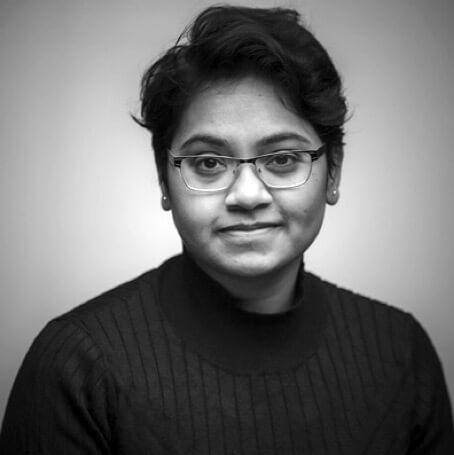Human history provides countless examples of visual languages representing knowledge in non-linear, patterned, symbolic formats, i.e., beyond linear rule-based scripts such as Latin. Across millennia, cultural custodians pass down crucial knowledge by documenting their lives, values, beliefs, and myths in embodied, coded, crafted form. In comparison, modern neural networks such as DALL-E generate supposedly ‘new’ visual languages using only text prompts – translating linear rule-based scripts to propose non-linear and non-sensical ways of ‘reading’ things. In this article, I describe my experiments with DALL-E’s interpretation of cross-stitch patterns. Deviating from natural language use, I analyse twelve AI-generated variations of cross-stitch by referring to them as Family Resemblances, inspired by the philosophical concept of Wittgenstein. This theoretical lens allows cross-referencing DALL-E’s cross-stitch variations with cultural visual patterns from human history that make non-linear, non-scripted ways of reading possible. This inquiry is aligned with the methodological tradition of Critical Making, which makes room for craft perspectives to challenge dominant computational paradigms. Reading anew what AI generates from craft perspectives allows us to appreciate better non-scripted and embodied forms of communication that still exist today. I argue that AI does not produce newness but rather ‘newly’ suggests how craftspeople are (and have always been) creative agents for shaping the future of culturally and visually-informed algorithmic systems.
Keywords: Craft, Cross-stitch, AI, Critical Making, Open Source

